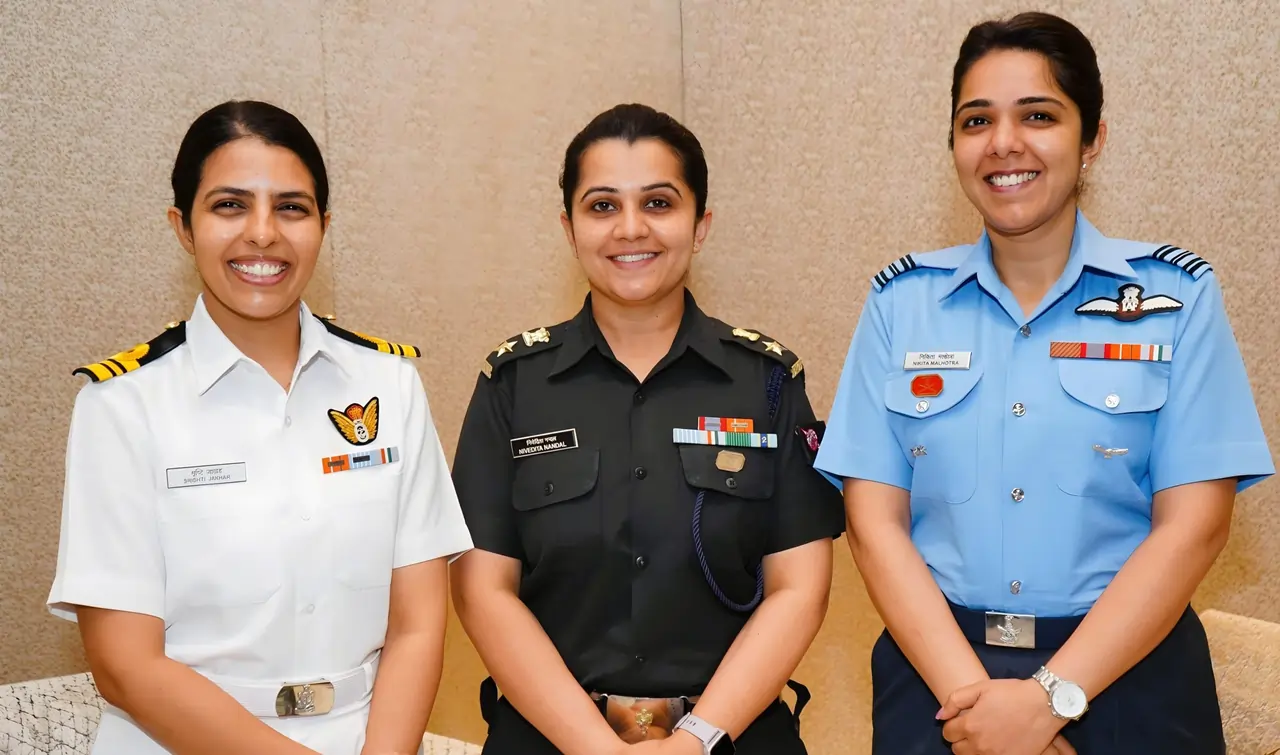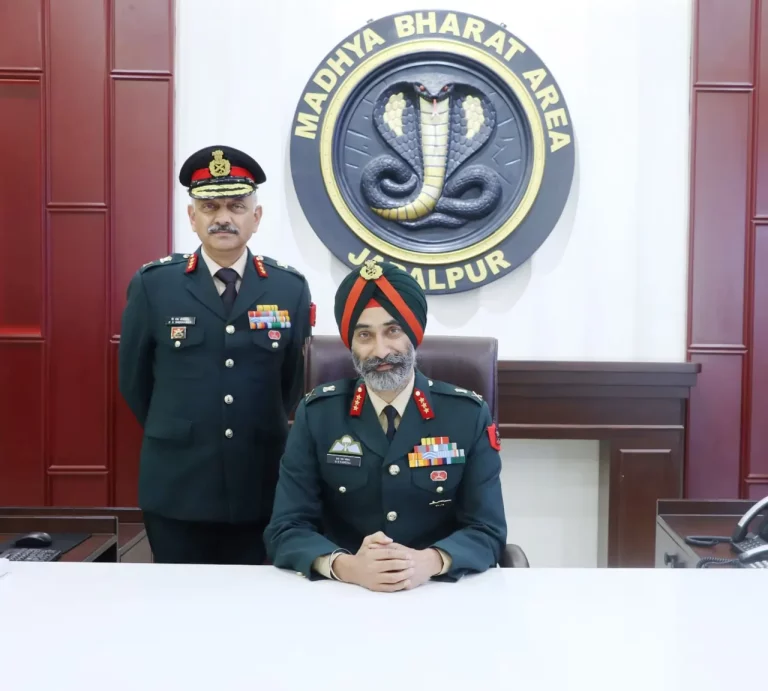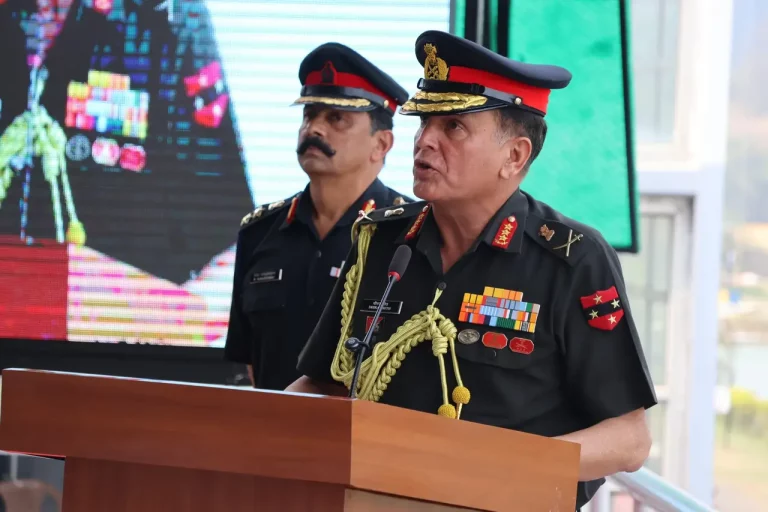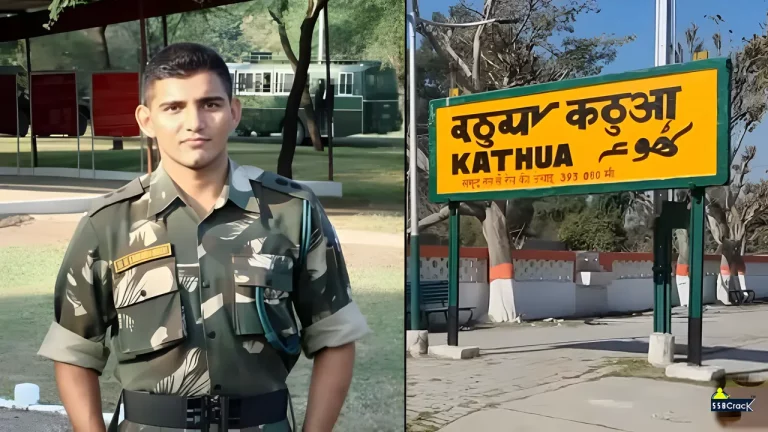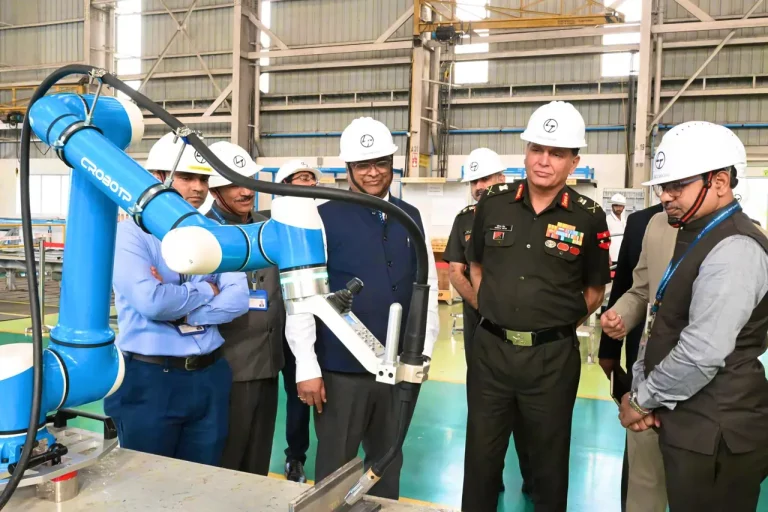During a recent Supreme Court hearing, the Indian government reaffirmed its position against claims of discrimination faced by Short Service Commission (SSC) women officers regarding the granting of permanent commission (PC). The Centre maintained that the evaluation processes are free from gender bias and adhere to established merit-based parameters.
The case was brought before a bench comprising Justices Surya Kant, Ujjal Bhuyan, and N Kotiswar Singh, who were hearing petitions from both serving and retired women officers. These officers contended that their contributions in challenging operational settings, including notable missions like Galwan, Balakot, and the recent Operation Sindoor, had not been adequately recognized in the PC process.
Representing the Union government and the Army, Additional Solicitor General Aishwarya Bhati emphasized that the assessment of officers’ annual confidential reports (ACRs) was conducted in a gender-neutral manner, focusing solely on merit. Bhati stated, “In the Army, we have been following a very strict regime and there is no question of discrimination, as the selection board does not even have the officer’s name before it.” She clarified that while service in difficult operational areas is indeed one of the considerations in evaluating officers for PC, it is not the only criterion taken into account.
The bench expressed concerns about the selection process, highlighting apparent inconsistencies in the criteria used to assess different batches of officers. They noted discrepancies that allowed candidates scoring as high as 80 marks from one batch to be selected, while others scoring only 65 marks in a subsequent batch could also qualify. The judges stressed the importance of ensuring that women officers feel valued and are not sidelined in the fight for equal opportunities.
The petitioners further argued that their active involvement in crucial operations, including those at high altitudes, warranted greater acknowledgment during the selection process for permanent commission. They expressed grievances regarding the Centre’s failure to comply with the Supreme Court’s previous directives issued in 2020 and 2021, which aimed to provide equal opportunities for women in the Army.
In addressing these concerns, Bhati cited structural challenges, specifically the disproportionate ratio of regular officers to SSC officers. She acknowledged a ceiling of 250 officers who could be considered for permanent commission, with selections reliant upon merit within each specific batch.
Bhati is expected to continue her submissions before the bench as the Supreme Court deliberates on the possibility of existing systemic flaws that may still hinder the opportunities for SSC women officers, despite earlier judicial rulings meant to promote gender equality within the armed forces.
